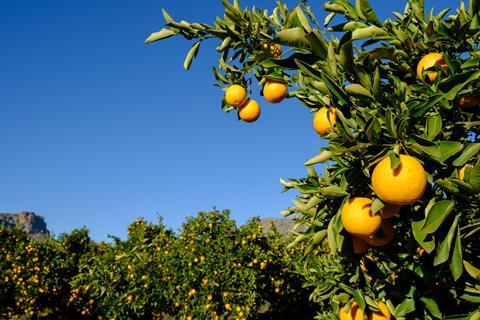The country is pushing forward with WTO panels to examine what it considers unscientific EU measures on citrus imports, while sources say resolution is vital for future trade growth in the bloc’s key market
There have been indications that in recent months, particularly in the light of the tariff war brought about by the US government, that South Africa and the European Union have strengthened their relationship.

Despite this potentially bringing new energy to direct talks with the EU in Brussels on resolving the dispute regarding Citrus Black Spot (CBS) and False Codling Moth (FCM), South Africa has relaunched its WTO process.
This process has been bogged down at the World Trade Organization (WTO), where at South Africa’s previous request two panels were established at a Dispute Settlement Body meeting.
These are designed to examine the, in South Africa’s view, unscientific and discriminatory measures placed on citrus imported from South Africa by the EU.
South African citrus sources said it is vital that the process be completed because it will bring clarity for future trade relations.
“This is one issue that needs to be resolved because it simply cost us too much money,” noted one source. “Once this is done, we are sure that the relationship between South African citrus and the EU will grow significantly.”
The EU is one of the marketing regions earmarked by South Africa as offering new opportunities for its fresh produce trade.
The EU is the biggest market for South African citrus and exports include fruit from the Western and Northern Cape which is not under CBS regulations.
Grape producers have also stated their intension to protect their markets in Europe and the UK, which accounts for nearly 80 per cent of their exports.
Closer ties between South Africa and the EU will therefore boost all fresh produce categories.
Now the South Africans hope that quick progress will be made at the WTO and that countries elsewhere may look at their trade policies differently.



